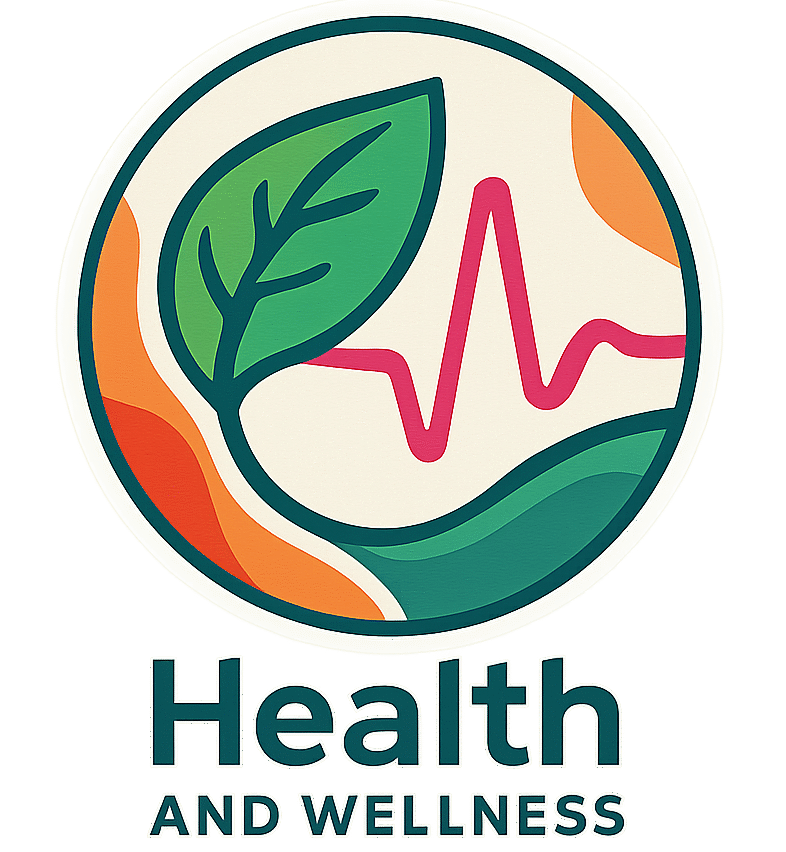Your liver is one of the most hardworking organs in your body. It cleans your blood, processes nutrients, and helps you digest food. But when fat builds up in the liver, it can slow everything down — leading to a condition called fatty liver disease.
The good news? With the right lifestyle changes, fatty liver can often be reversed.
💭 What Is Fatty Liver?
Fatty liver (or hepatic steatosis) happens when too much fat accumulates in the liver cells. A small amount of fat is normal, but when it makes up more than 5–10% of the liver’s weight, it starts to cause problems.
There are two main types:
- Non-Alcoholic Fatty Liver Disease (NAFLD) – Caused by poor diet, obesity, or insulin resistance (common in people with diabetes).
- Alcoholic Fatty Liver Disease (AFLD) – Caused by heavy alcohol use that damages liver cells over time.
⚠️ How Fatty Liver Affects Your Life
At first, fatty liver may not cause obvious symptoms, but as it progresses, it can seriously affect your energy, digestion, and long-term health.
1. Fatigue and Low Energy
Your liver plays a major role in energy production. When it’s overloaded with fat, your body feels sluggish and tired.
💡 Tip: Light exercise and a balanced diet can restore your energy levels.
2. Digestive Issues
A fatty liver struggles to process nutrients properly, which can cause bloating, nausea, or loss of appetite.
💡 Tip: Eat smaller, more frequent meals with plenty of fiber and lean protein.
3. Weight Gain and Belly Fat
Insulin resistance — often linked to fatty liver — makes it easier to gain fat around your waist and harder to lose it.
💡 Tip: Focus on reducing refined carbs and sugary drinks; swap them for whole foods and water.
4. Inflammation and Liver Damage
If untreated, fatty liver can progress to non-alcoholic steatohepatitis (NASH) — a more serious stage that causes inflammation and scarring (fibrosis).
Over many years, this can lead to cirrhosis or even liver failure.
💡 Tip: Early lifestyle changes can completely stop or reverse this damage.
🥗 How to Heal (and Possibly Cure) Fatty Liver
The most effective treatment for fatty liver is lifestyle modification.
There’s no “magic pill,” but small, consistent changes can completely heal your liver over time.
1. Eat a Liver-Friendly Diet
Focus on:
- Fresh fruits and vegetables
- Whole grains like oats, quinoa, and brown rice
- Lean proteins (chicken, fish, beans, tofu)
- Healthy fats (avocado, olive oil, nuts)
Avoid:
- Sugary drinks (soda, juice, sweet tea)
- Processed foods and white bread
- Fried or greasy foods
- Excessive alcohol
💡 Tip: The Mediterranean diet is one of the best for liver health.
2. Stay Active
Exercise helps burn fat and reduce insulin resistance.
Aim for 30 minutes a day of walking, biking, or any movement you enjoy.
💡 Tip: Even short bursts of movement after meals help your liver process sugar and fat better.
3. Lose Weight Safely
Losing even 5–10% of your body weight can significantly reduce liver fat. Focus on slow, steady progress rather than quick fixes.
4. Avoid Alcohol and Toxins
Alcohol is one of the biggest contributors to liver damage. Limiting or avoiding it completely allows your liver to heal and regenerate.
5. Check Your Health Regularly
Have your doctor monitor your liver enzymes (ALT and AST) through blood tests. Regular checkups help track progress and prevent complications.
🌞 Final Thoughts
Your liver has an amazing ability to heal itself — you just need to give it the right environment.
Healthy food, regular movement, and self-care can transform your liver and your entire life.
“Your liver is your body’s filter. When you care for it, you’re not just protecting one organ — you’re protecting your entire well-being.” 💚
